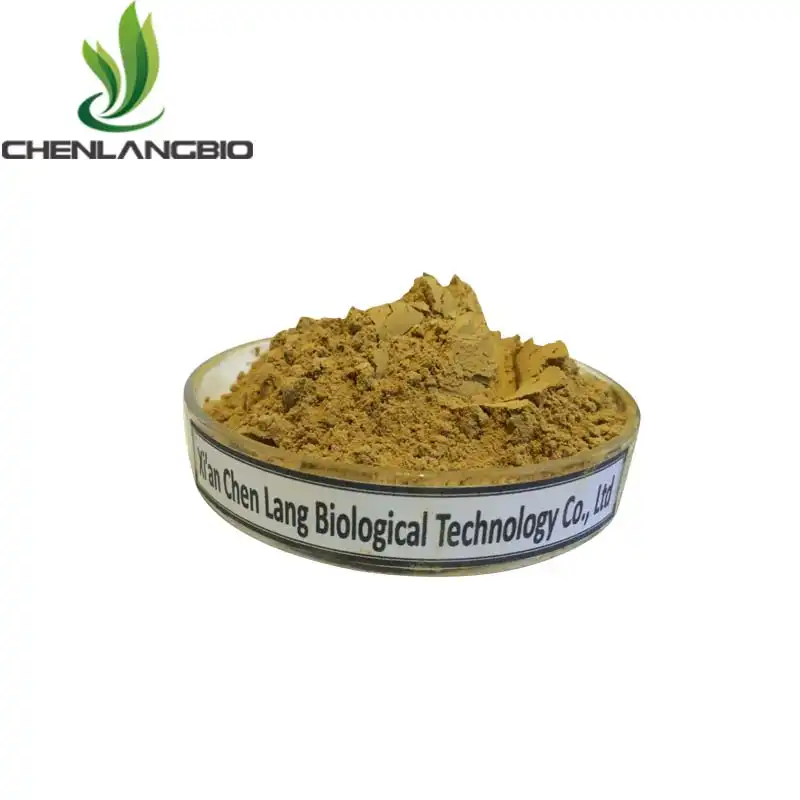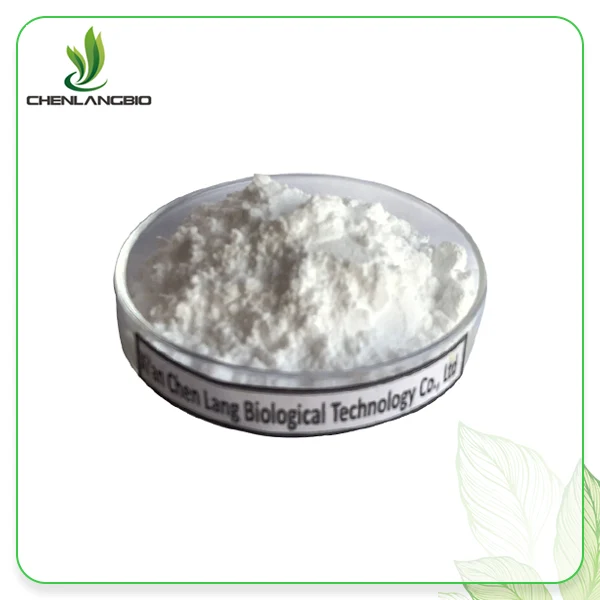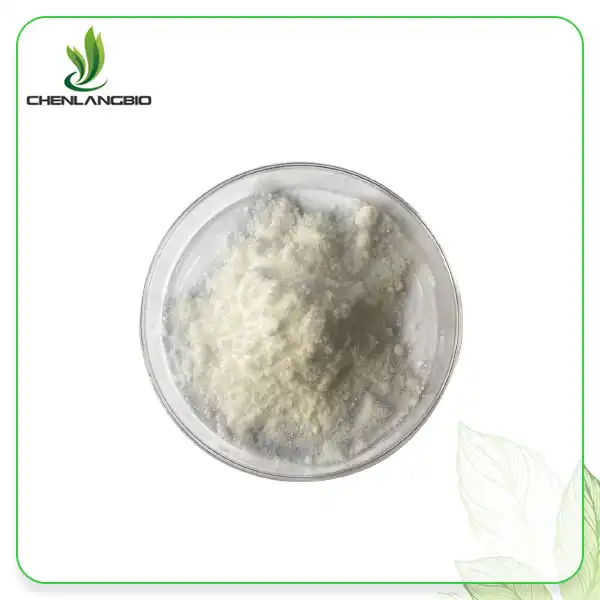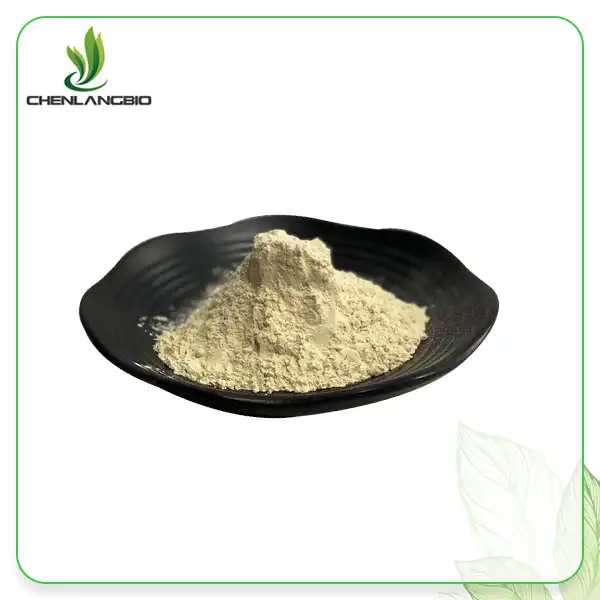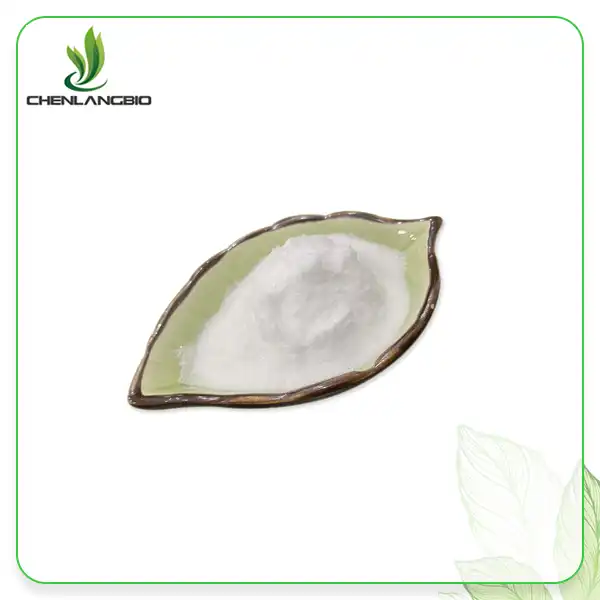What to Know About Ceramides for Skin
2024-07-25 13:36:04
Ceramides have become a buzzword in skincare, but what exactly are they and why are they so vital for healthy skin? This blog delves into the world of ceramides, exploring their benefits, how they work, and the best ways to incorporate them into your skincare routine.
What Do Ceramides Do for Your Skin?
Ceramides are lipids (fats) that make up over 50% of the skin's composition, primarily found in the outermost layer of the epidermis. They play a crucial role in maintaining the skin’s barrier and retaining moisture. When your skin’s barrier is healthy, it keeps moisture in and harmful elements out. This helps prevent dryness and irritation, making ceramides an essential ingredient for anyone looking to improve their skin health.
Function and Benefits
Ceramides are an essential component of skincare because of their numerous benefits:
retains moisture: Ceramides are lipid molecules that are found naturally in the stratum corneum, the skin's outermost layer. They play a role in the formation of a barrier that keeps the skin hydrated and prevents water loss.
Barriers are to be avoided: Ceramides work on the skin's protection from natural stressors like contamination and UV beams by reinforcing its obstruction capability. This protection is essential for overall skin health and preventing premature aging.
Reversible properties of aging: By supporting the construction of the skin, ceramides add to a coloring that is smoother and more energetic. They aid in the reduction of wrinkles and fine lines by enhancing the skin's elasticity and plumpness.
Enhancing Skin Health: A damaged skin barrier is frequently the cause of skin conditions like eczema, rosacea, and dermatitis. Ceramides help in restoring this limit, thusly easing up aftereffects and propelling better skin over an extended time.
To get the most out of ceramides, they are frequently combined with other hydrating ingredients like glycerin and hyaluronic acid. Glycerin brings dampness from the skin's more profound layers to the surface, while hyaluronic corrosive ties dampness from the climate to the skin. By drawing moisture to the skin and retaining it, this combination ensures optimal hydration, resulting in a smoother, plumper, and more intense color.
Including ceramide-enriched skincare products into your daily routine can significantly improve skin hydration, barrier function, and appearance. This all-encompassing strategy contributes to skin that is healthier and more radiant, from dryness and sensitivity to aging and dryness-related signs.
How Do Ceramides Work in Skincare Products?
Ceramides in skincare products mimic the lipids naturally found in your skin, making them easily accepted and absorbed. They primarily work on the skin's surface to fill in the gaps where ceramides have been depleted due to aging or environmental damage.
Application and Effectiveness
Topical Application: Using ceramide-infused creams and serums can help replenish the skin’s natural ceramide levels, leading to improved barrier function and moisture retention.
Combination with Other Ingredients: Ceramides work well with other hydrating ingredients like dimethicone, colloidal oatmeal, and shea butter, which further enhance their moisturizing effects.
Slow Release Formulas: Products like CeraVe utilize Multivesicular Emulsion (MVE) technology to ensure ceramides are delivered slowly over time, providing long-lasting hydration.
For best results, apply ceramide-containing products on damp skin to enhance absorption. This practice helps in locking in moisture more effectively, providing better hydration benefits.
Are Ceramides Good for All Skin Types?
Ceramides are beneficial for all skin types, including sensitive and acne-prone skin. Since they are a natural component of the skin, they are generally well-tolerated and unlikely to cause irritation.
Specific Benefits for Different Skin Types
Dry Skin: Ceramides are excellent for dry skin as they help restore the lipid barrier, preventing moisture loss and reducing dryness and flakiness.
Sensitive Skin: They can help reduce sensitivity by strengthening the skin barrier and minimizing the penetration of irritants.
Oily and Acne-Prone Skin: Non-comedogenic ceramide products can help balance the skin without clogging pores, reducing acne flare-ups.
For those with specific skin concerns, like eczema or psoriasis, ceramide-rich products can be particularly helpful in managing symptoms by maintaining hydration and protecting against environmental triggers.
How to Choose the Right Ceramide Product?
With so many ceramide products on the market, it can be overwhelming to choose the right one. Here are some tips to help you make an informed decision.
What to Look For
Formulation: Opt for products with a high concentration of ceramides, preferably those that include multiple types of ceramides (such as Ceramide 1, 3, and 6-II).
Packaging: Choose products in airtight, opaque containers to prevent the ceramides from degrading due to exposure to light and air.
Additional Ingredients: Look for products that include other beneficial ingredients like hyaluronic acid, glycerin, and niacinamide, which can enhance the effects of ceramides.
Product Types
Moisturizers and Creams: These are great for daily hydration and barrier repair.
Serums: Offer a more concentrated dose of ceramides, ideal for targeted treatment.
Cleansers: Gentle cleansers with ceramides can help maintain the skin barrier without stripping moisture.
Can Ceramides Be Combined with Other Skincare Ingredients?
Yes, ceramides can be effectively combined with a variety of other skincare ingredients to enhance their benefits. Here are some of the best combinations:
Effective Combinations
Hyaluronic Acid: This ingredient helps draw moisture into the skin, which ceramides then lock in, providing comprehensive hydration.
Niacinamide: Known for its anti-inflammatory properties, niacinamide can help soothe the skin while ceramides strengthen the barrier.
Peptides: These can help boost collagen production, complementing the barrier-repairing properties of ceramides.
Considerations for Use
The effectiveness of skincare products can be increased by stacking them in the right order. Before applying thicker creams, start with lighter formulations like serums, which are easier to penetrate the skin. This order guarantees that each product absorbs completely and delivers the intended benefits.
It is absolutely necessary to carry out a patch test prior to fully integrating new products. This basic step distinguishes any likely hypersensitive responses or aversions to new fixings. Apply a small amount to a small area and wait 24 to 48 hours to see if it has any negative effects.
In conclusion, ceramides are a potent skincare ingredient that can change the health and appearance of the skin. Understanding their application and choosing items with ideal ceramide focuses can enormously upgrade your skincare schedule. You can effectively harness the benefits of ceramides and help your skin become healthier and more radiant over time if you follow these guidelines.
References
Cleveland Clinic. (2024). Ceramides for Skin: What They Are and Benefits
Health.com. (2024). What Are Ceramides for the Skin? Types and Benefits
Medical News Today. (2024). What are the benefits of ceramides for the skin?
WebMD. (2024). What Do Ceramides Do for the Skin? The Types and Benefits
Everyday Health. (2024). What Are Ceramides? Benefits, Side Effects, Usage, More
Verywell Health. (2024). The 7 Best Ceramide Moisturizers of 2024
CeraVe. (2024). Understanding the Benefits of Ceramides
Ask The Scientists. (2024). All About Ceramides
The Derm Review. (2024). Ceramides: Everything You Need To Know
RealSelf. (2024). Ceramides for Your Skin: The Complete Guide
For more information, feel free to contact us at admin@chenlangbio.com.
Send Inquiry
Related Industry Knowledge
- Lupinus Albus Extract: Health Benefits and Uses
- What is the Difference Between Dimethylmethoxy Chromanol and Vitamin E
- What is loratadine Used for
- Can Hyaluronic Acid Powder Be Used in DIY Skincare
- What is Flurbiprofen Used For
- What is the Difference Between Ibuprofen And Flurbiprofen
- What is Quaternium 73 Used For In Cosmetics
- Does Pure Epimedium Extract Powder Improve Sex Ability
- What is Broccoli Extract Glucoraphanin Powder Good For
- High-Quality Melatonin Powder for Restful Sleep and Relaxation



